Anna’s Book Nook: Where the Crawdad Sings by Delia Owens
Front page editor Anna Keneally and Delia Owen’s book, “Where the Crawdad Sings.”
After going through a dry spell of books and not picking up anything new for months, I decided to try again. And boy am I glad I did because I was blessed with “Where the Crawdad Sings” by Delia Owens. There are few things I am certain of in life, but I am certain that I will be reading this again and I am certain that you should read it too.
I am not a fan of overanalyzing books like in English class, but just hear me out: the format of the story sets up one of the main ideas of the book. The story’s chapters, titled by years, start by alternating between 1969 and 1952. From there, the years slowly converge showing how everything that has ever happened to you makes up your identity and story.
There is so much to be learned from this book that it is difficult to pinpoint a good starting point. Here’s one. In 1969 Chase Andrews, the town’s sweetheart and walking definition of “peaked in high school” is found dead, and, “Marsh Girl,” Kya is put at the top of the suspect list by the town that had already shunned her early on for her differences. Kya, at a young age, was abandoned by everyone in her family, leaving her to fend for herself in her small marsh shack.
Kya only attended one day of school her entire life. She was bombarded by school children making fun of her and grown adults calling her “nasty.” Kya was a survivor, but she was also just a kid who was harassed and mistreated because of a situation that she had no choice over. Had Kya gone to school she may have had more opportunities. There are plenty of examples of choices we make that can change the people around us for better or worse. It might not be deciding to bully someone, but it could be something like asking someone who is sitting alone to sit with you. Whether you like it or not, everything we do has value, both good and bad.
Kya had been left by her whole family with her abusive father early on, only to then be left by him too. She traded fish and mussels for supplies and gas where she met Jumpin’ and Mabel. They were a Black couple during a segregated time, with no children of their own, who took care of Kya when no one else did. While it is sad that this little girl was without any relatives, you realize early on that Kya doesn’t believe that family is determined by blood, and she chooses her own family.
Don’t fret, with the help of Tate Walker, who is one of the most complex and interesting characters in the book, Kya learns to read and write. Upon learning to read, the first sentence Kya says, in my unprofessional opinion, is one of the best lines in the whole book: “I wadn’t aware that words could hold so much. I didn’t know a sentence could be so full.” You and me both Kya.
You may be asking yourself, wait, where’s the murder mystery? Well to that I say, you should read the book. At the risk of sounding cheesy, Kya’s story and “Where the Crawdad Sings” is the optimal “grow where you are planted” coming-of-age story that makes you do an internal double-take. Kya, “Marsh Girl” did what many people could not even dream of. Yes, she survived on her own for the majority of her life, but she did one of the hardest things anyone could possibly do: be yourself despite your surroundings.
Your donation will support the student journalists of Thomas S. Wootton High School. Your contribution will allow us to purchase equipment and cover our annual website hosting costs.
Anna Keneally is a 2022 graduate.


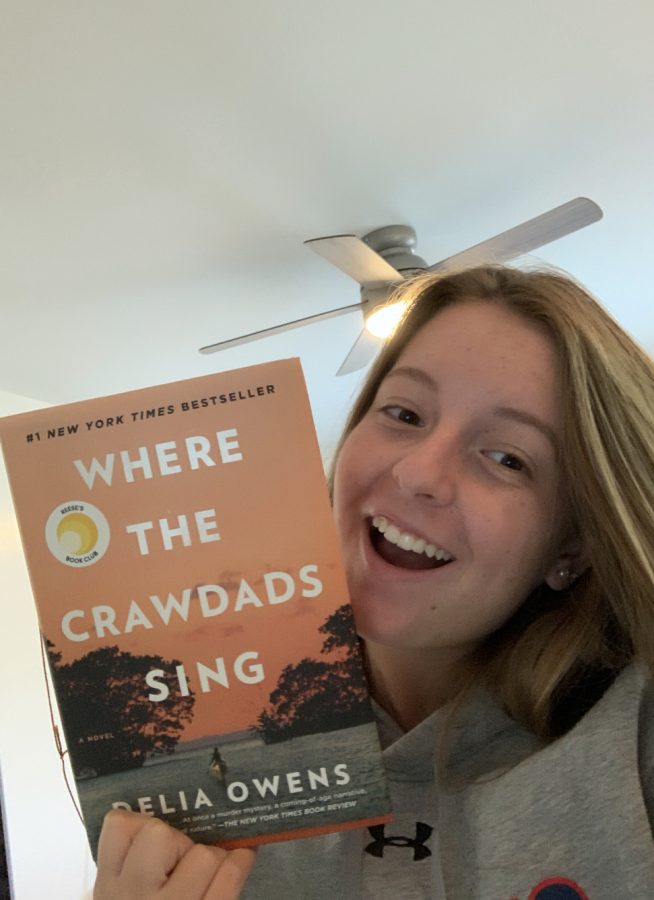
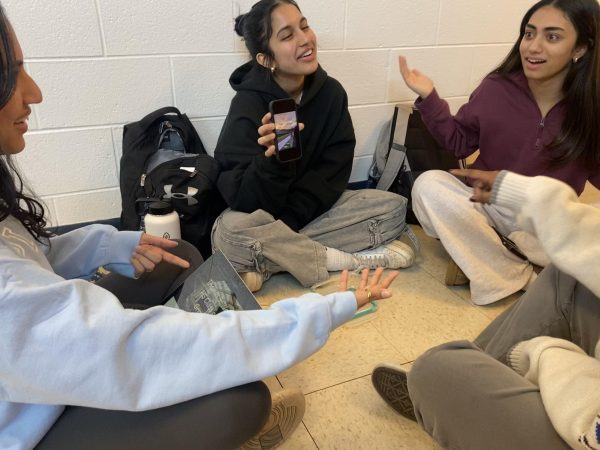
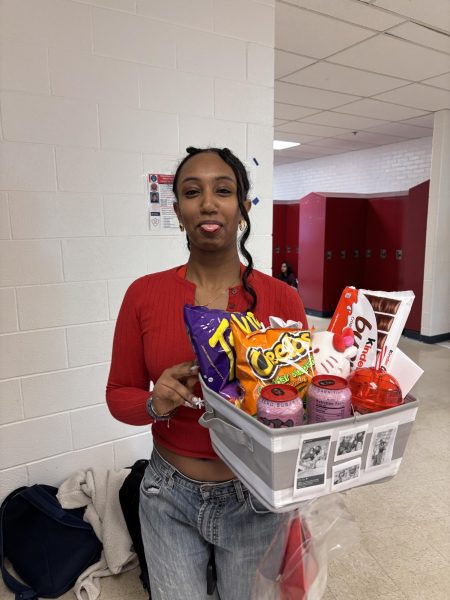
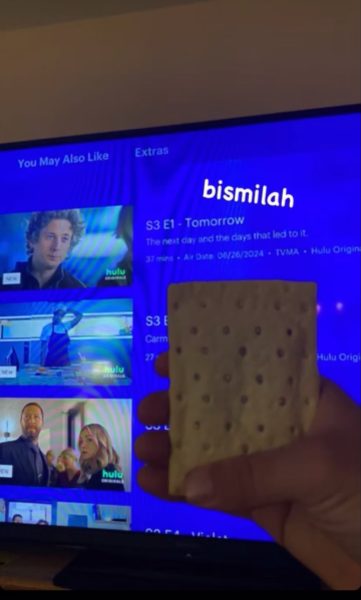
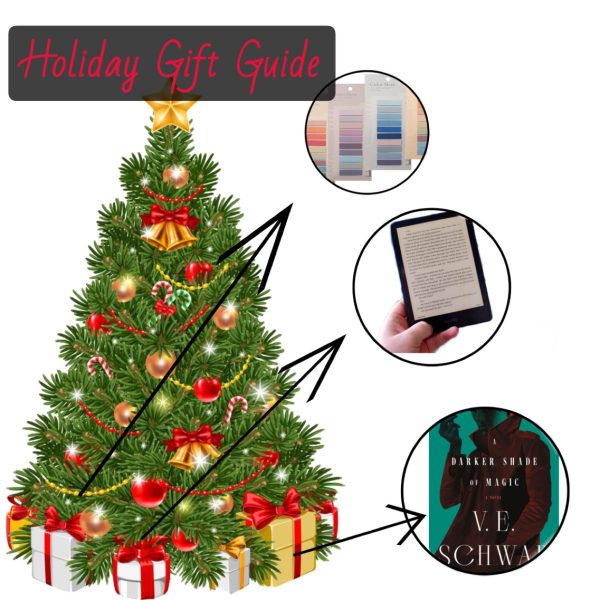
![Junior Grace Song rewatches the trailer for Anora. Promoted as "A Love Story from Sean Baker," it is the eighth feature film under Baker's belt starring Mikey Madison in the titular role. "[Anora] accurately represents women overseen and easily taken advantage of. It emotionally enticed me. The ending is so good," Song said.](https://woottoncommonsense.com/wp-content/uploads/2024/11/Rc5RQTdjtUFtyT7IyQe1rSxkpOTc6NoksY8jtoop-e1732201365565-600x450.jpg)